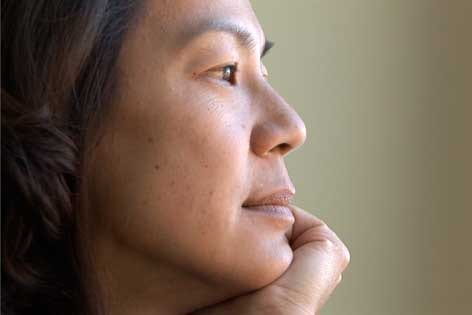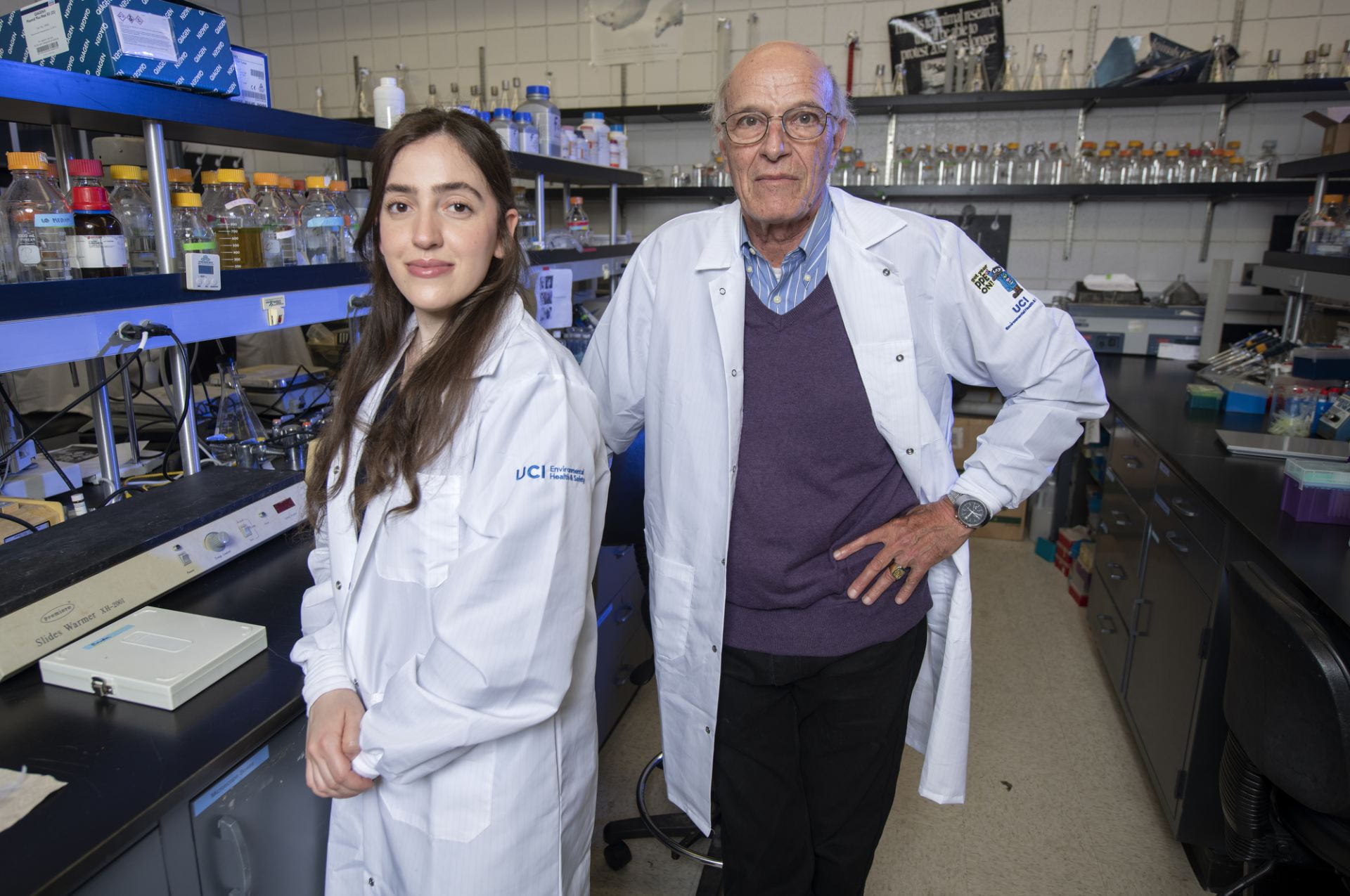Organ donation: The gift of life
UC Irvine honors organ donors, recipients and families with rose dedication ceremony, including one woman whose decision to donate her husband’s organs gave rise to a new program at UC Irvine Medical Center.

In March 2006, John Jennell, 44, suffered a devastating brain and spinal injury when he was hit by a truck. He was brought to UC Irvine’s trauma center, where doctors told Kathryn Jennell that her husband of nearly nine years and the father of their three children would probably never recover.
With John’s health directive in hand and the knowledge that he didn’t want extraordinary steps to prolong life, Jennell and her husband’s family consented to organ donation. Her decision saved three lives and put her on a path to help UC Irvine Medical Center develop a program that better meets the needs of families who opt for organ donation.
The need is great. Only 1,200 people from a waiting list of more than 20,000 get an organ transplant each year in California. Thousands of residents have affixed the pink organ donor dot to their driver’s licenses, but there’s still a shortage of available organs.
The donation process can take two paths. Commonly, organs are donated after a patient is brain-dead – the legal definition of death in many states. In March 2006, this was the only option at most hospitals in the U.S., including UC Irvine Medical Center.
For a small percentage of patients who, like John Jennell, show few or no signs of life but are not brain-dead, the alternative is organ donation after cardiac death. When his family elected to withdraw medical support and donate his organs, Jennell had to be moved to a hospital with procedures in place for harvesting organs after a patient’s heart stops. The transfer was traumatic for his family, who feared he might die in an ambulance on the street instead of in a hospital bed surrounded by relatives.
“I did not want another family to have to make a choice to move their loved one,” Kathryn Jennell says, so she urged Dr. Eugene Spiritus, UCI’s chief medical officer, to create a policy accommodating donation after cardiac death. Within a year, UC Irvine Medical Center had enacted just such a protocol.
“Kathryn’s suggestion motivated us to move forward,” Spiritus says. “It was the right thing to do, for both families and the community.”
UCI staff works closely with OneLegacy, the region’s organ procurement network, to balance the great need for organs and tissue with sensitivity toward grieving families. To avoid potential conflicts of interest, OneLegacy meets with relatives to secure donation permission and matches donors with recipients.
Under the leadership of Dr. Darren Malinoski, director of UCI’s surgical intensive care unit, UC Irvine has become the leading donor medical center in Orange County – with 59 organs from 21 donors in 2008 – and is among the top donor hospitals in Southern California. Malinoski chairs UCI’s Organ Donor Council, which includes physicians, nurses, social workers and administrators and meets monthly to address legal, medical and ethical issues related to donation.
The council also includes Kathryn Jennell, who was invited to become the first member representing families. “She’s our conscience,” Malinoski says. “Kathryn makes sure we don’t lose sight of families and their needs.”
Each December, the university celebrates and thanks organ donors, recipients and their families by donating a rose representing each donor to OneLegacy’s Donate Life Rose Parade float. The theme this New Year’s Day is “New Life Rises.” On Dec. 17, the medical center will honor 55 families involved in organ donation this year. The gift shop at UC Irvine Douglas Hospital is accepting donations from staff, faculty and visitors to help fund the ceremony and roses for the float. Each contributor is recognized with a rose and personal note placed on a tree in the hospital lobby.
“The ceremony is our way of celebrating a family’s gift of life to others,” Malinoski says. “As a physician who often takes care of patients after tragic accidents, I truly appreciate and respect the amazing gift that organ donors and their families give. They turn grief and loss into hope and life through organ donation.”
Jennell wants more people to know about organ donation and how UCI and OneLegacy are helping families with this painful decision.
“I tell my friends we’re on this earth for only a certain amount of time, and donating an organ when our time is up is an unselfish gift,” she says. “That’s how I’d like to be remembered.”

